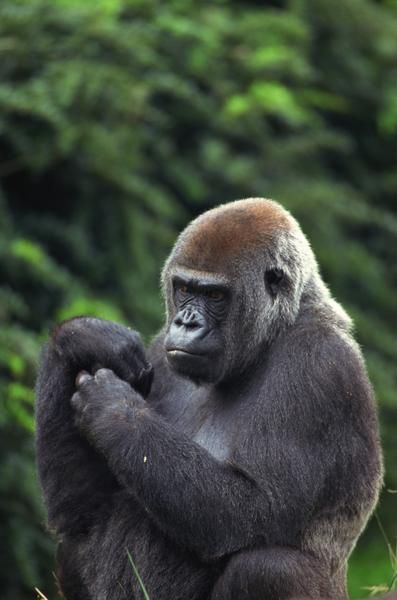Dear Integral Meditators,
How long do you have to meditate every day for it to make a real difference? As I explain below, not very long! If you have five minutes, then that is all you need to get an effective pratice started…
As you can also see below, there is a 48 hour offer on the my online course that focuses on short meditations, as well as a new product from i-Awake designed to support short meditation practices.
In the spirit of short, sweet & powerful,
Toby
 Keeping your Meditation Short & Effective
Keeping your Meditation Short & Effective
If you do five minutes of push ups five days a week for a month, by the end you will have a strong set of pectoral and upper arm muscles. You can equally choose to develop any set of muscles in your physical body in the same way; a minimal time commitment practiced regularly.
Similarly with meditation and training your mind you can make a lot of progress doing short meditations regularly, focused on developing particular positive mind-states. Five minutes a day focusing on particular inner skills can have a tremendous impact on your quality of life. Here are three shot meditations that I am working with at the moment in my own daily life:
1) Belly breathing – For a few minutes I drop my awareness down into my belly and focus on the breathing in that part of my body. The function of this meditation is to reduce conceptual thought as well as build relaxation and focus. When you place your awareness in the belly this helps you to ‘duck under’ all of the conceptual/emotional activity and busyness that you find in your head and heart!
2) My emotions as waves – I take the images of waves rising and falling as my object; my comfortable or ‘happy’ emotions are like the peaks of the waves, the uncomfortable or difficult ones are like the ‘troughs’ or low points of the waves. I just go with the mindful emotional flow, not getting stuck with the highs or lows, observing the changes. The function of this meditation is to facilitate healthy emotional flow states.
3) My goals – I recall what my main work goals are for the week, as well as my monthly service and income goals are. Having done so I then generate a strong intention and desire to realize these goals. I then relax and breathe with these intentions. This helps me develop clarity of intention and focus on what I really want / need to get accomplished.
So, I think you can see with the above examples, if you do them or short bursts on a regular daily basis then you are going to achieve quite a lot. Of course doing longer meditations when you can is recommended, but if you just did short daily meditation as a discipline it can make a real difference.
Besides the three exercises above, here are three further suggestions:
1) Here is a five minute free meditation recording on transforming your stress.
2) I have a short online meditation course called ‘Get Your Meditation Practice Started Now’ which includes three five minute meditations that are great for getting a strong basic foundation. It is on special offer at the moment, at just Sing$25.
3) I-Awake technologies have just released a set of tracks called ‘iAwake mini-meditations’which focus on integrating peace-promoting sound technology into short meditation tracks. You can see the full details below, and read about my take on using technology in your meditation practice here.
So, here’s to making our meditation practice short and sweet!
Related articles: Mindful Work Effectiveness Secrets (From an Ex-Monk)
Related workshops: How to Quieten the Mind, Meditation For Self-Healing
© Toby Ouvry 2015, you are welcome to use or share this article, but please cite Toby as the source and include reference to his website www.tobyouvry.com
NEW: iAwake Mini Meditations Vol. I
Choose from this collection of short brainwave entrainment tracks when you need to:
· wind down quickly
· recharge
· step out of your mind
· relax
· refocus
· rebalance
· prep for what’s next
Special Introductory Offer $29 (20%off) Digital Download : Thru August 10th Only! Click HERE to listen to the free sample track!
Upcoming Courses at Integral Meditation Asia:
Saturday 15th August, 9.30am-12.30pm – Going From Over-whelmed to Over-well: Meditation for Quietening the Mind – a three hour workshop
Saturday 15th August, 2.30-5.30pm – Mindful Self Confidence – Developing your self-confidence, self-belief & self-trust through mindfulness & meditation
August 19th, 7.30-9pm – Integral Meditation Class – Meditating on with the Five Levels of Positive Intention
August 26th, 7.30-9pm – Integral Meditation Class – Working with the Three Levels of Non-Judgement
Saturday 29th August, 9.30am-12.30pm – Meditation and Mindfulness for Self-Healing and Creating High Levels of Energy
Saturday 29th August, 2.30-5.30pm – Mindful Dreaming – Meditation Practices for Integrating Conscious Dreaming into Your Daily Life
Integral Meditation Asia











